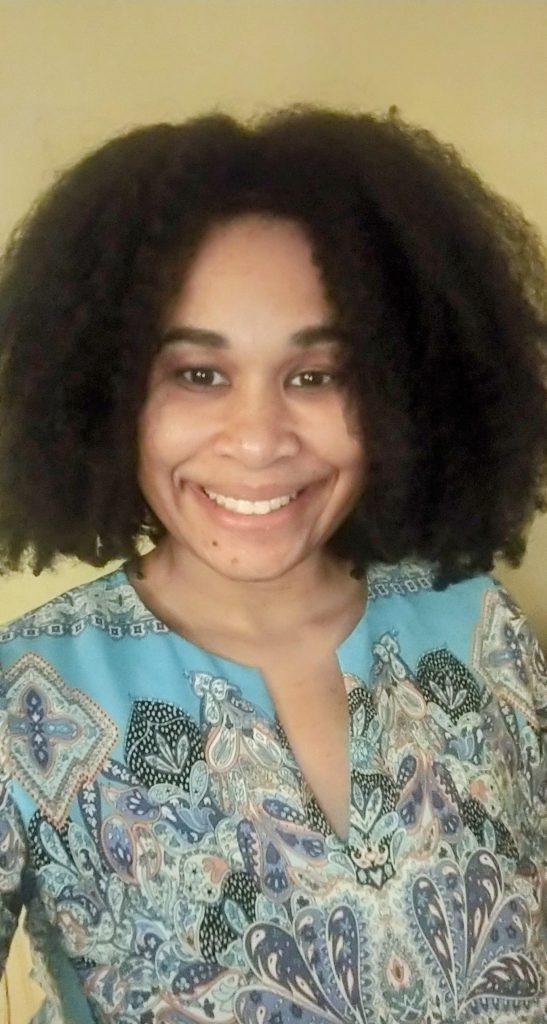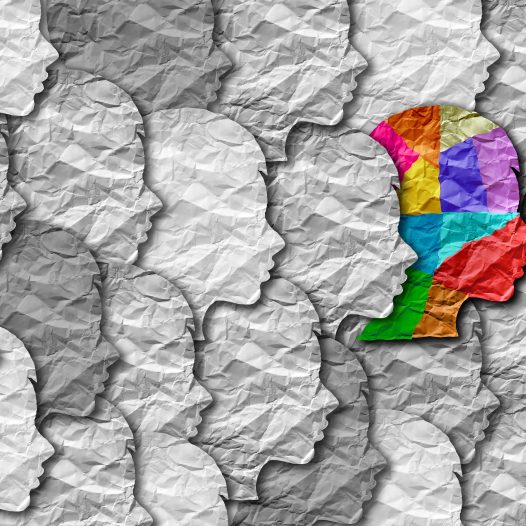Danielle Hamner
The social work profession places a high value on diversity, inclusion, and social justice. In the context of working with marginalized populations – specifically Black clients – to what degree is this story of social work values reality versus myth?
Even while the NASW Code of Ethics places emphasis on racial and social justice, a number of people and scholars have mentioned an “empathy gap” when it comes to social work practice involving White social worker interactions with Black clients. This truth suggests that empathy frequently gets practiced in degrees in which levels of empathy are chosen differentially when it gets applied and, to who. Research tells us that Black men don’t commonly access mental health services, and when they do, it often involves some kind of mandated circumstance. When asked about their experiences, Black men frequently report feelings of mistrust and are not convinced that social workers understand their unique history, or the difficulty of their experiences. Here, we talk with Danielle Hamner, MSW – a social worker on the front lines of providing direct mental health services to Black men. We are excited to focus our discussion on a practitioner’s voice – and on day-to-day experiences in the real world where Ms. Hamner will share with us what her clients are telling her, and hopefully, teaching all of us.

Danielle Hamner, MSW is a psychotherapist, trauma-based yoga facilitator, and adjunct professor teaching courses in Social Work and Deviant Behavior. With over 18 years of experience in the field, Danielle has worked in residential, community-based, and outpatient settings. Danielle specializes in trauma and EMDR. She obtained her BA and MSW from the University of Pittsburgh, where she concentrated in Community and Social Administration.







I worked in predominantly white environment serving a predominantly African American cliental . Trauma connected in the lives of African Americans was not acknowledged and only their behaviors and symptoms of trauma which lead to mental health diagnosis and psycho medications. When attempts were made to have “the conversation “ about oppression , implicit bias , inclusion and racism ; no interest was shown as if the predominantly white culture in that space would remain no matter what . I also felt targeted by staff making false accusations, my supervisor believing the accusations without allowing a restorative justice process for me to defend accusations made , my supervisor making statements I was angry when expressing myself in passion and belief , making statements: “ you sounded emotional “ etc .
Research articles was given by myself to my white counterparts and supervisor to support the reality that white supremacy, implicit bias was / is always in play. Witnessing / experiencing this in this space I began to experience oppression as a minority professional in this predominantly white space .